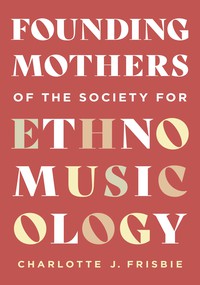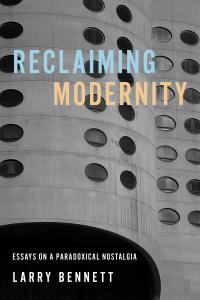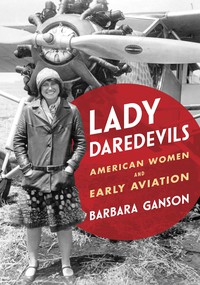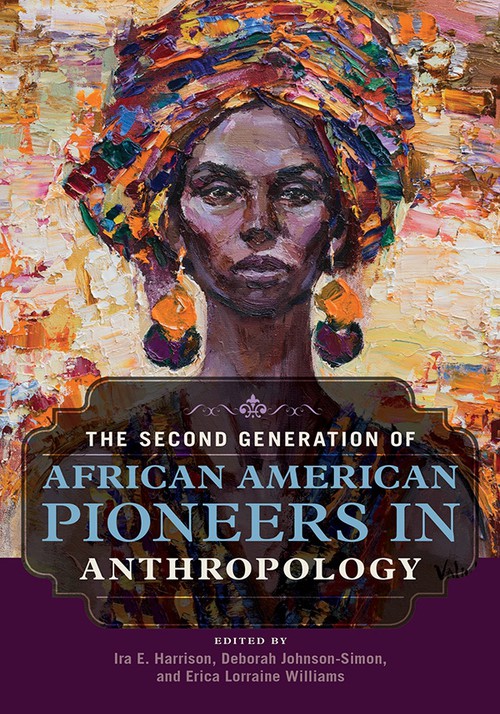
The Second Generation of African American Pioneers in Anthropology
Cloth: 11/19/2018
About the Book
After the scholars profiled in African-American Pioneers in Anthropology, a second generation of African American anthropologists trained in the late 1950s and 1960s. Expected to study their own or similar cultures, these specialists often focused on the African diaspora but in some cases ranged farther afield both geographically and intellectually. Yet their work remains largely unknown to colleagues and students.This volume collects intellectual biographies of fifteen accomplished African American anthropologists of the era. The authors explore the scholars' diverse backgrounds and interests and look at their groundbreaking methodologies, ethnographies, and theories. They also place their subjects within their tumultuous times, when antiracism and anticolonialism transformed the field and the emergence of ideas around racial vindication brought forth new worldviews.
Scholars profiled: George Clement Bond, Johnnetta B. Cole, James Lowell Gibbs Jr., Vera Mae Green, John Langston Gwaltney, Ira E. Harrison, Delmos Jones, Diane K. Lewis, Claudia Mitchell-Kernan, Oliver Osborne, Anselme Remy, William Alfred Shack, Audrey Smedley, Niara Sudarkasa, and Charles Preston Warren II
* Publication of this book was supported in part by the University of Illinois Press Fund for Anthropology.
About the Author
Ira E. Harrison (d. 2020) was a professor emeritus of anthropology at the University of Tennessee and a coeditor of African-American Pioneers in Anthropology. Deborah Johnson-Simon is the founder and CEO of the Center for the Study of African and African Diaspora Museums and Communities. Erica Lorraine Williams is an associate professor of anthropology at Spelman College and the author of Sex Tourism in Bahia: Ambiguous Entanglements.Also by this author
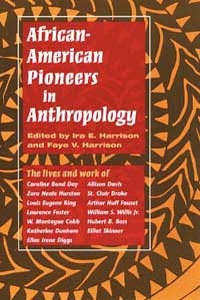
Reviews
"This volume is a significant contribution to the study of subaltern traditions in the history of anthropology." --Transforming AnthropologyBlurbs
“Presents the next generation of scholars who continued to ‘keep on keeping on’ in departments, among fellow students, and with faculty who thought the natives should be located in the field and not in their midst. Essential for the still lonely Black, Brown, Asian, and Latinx graduate students who are trying to make their way in the discipline.”--A. Lynn Bolles, professor emerita, University of Maryland, College Park
